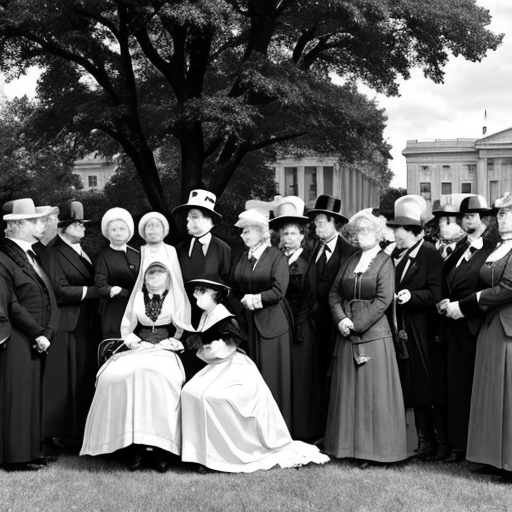26. March 2024
19th Century law fires up anti-abortion push

19th Century law fires up anti-abortion push
US anti-abortion activists, including allies of Donald Trump, have a strategy to ban abortion nationwide. It hinges on Mr Trump’s re-election in November and the use of a little-known 19th Century law. In June 2022, those appointees helped overturn Roe v Wade, rescinding the nationwide right to abortion. The American public has shown consistent support for abortion access, even in conservative states.
The movement’s ultimate goal - a federal abortion ban - has remained out of reach, a near-impossibility in a divided Congress. Conservative leaders, including allies of Mr Trump, have mapped out a new path to outlaw abortion. The Comstock Act, championed by anti-vice crusader Anthony Comstock, passed in 1873. It made it a federal crime to send or receive any material deemed “obscene, lewd or lascivious.
The statute makes specific mention of birth control and abortion. The Comstock Act would ban the mailing of materials related to abortion. The act was dormant for 50 years, but is now being revived in right-wing circles. Without Roe in place to guarantee access to abortion, the logic is straightforward.
By preventing any of the medications or tools from reaching hospitals, Comstock would act as an effective block on abortions. Anti-abortion activists and leading conservative groups have started preparing for this approach. Josh Craddock, a lawyer and scholar with the conservative James Wilson Institute, has written extensively against the legality of abortion. Craddock: “If it was applied literally, it [Comstock] could be a ban on an abortion in an indirect way” Comstock will be raised before the Supreme Court this week.
It is part of arguments from a group of anti-abortion activists and doctors. They want federal approval of the abortion drug mifepristone to be withdrawn. It has been invoked specifically in the conservative Heritage Foundation’s playbook for the next Republican administration. Most major anti-abortion groups on advisory board of Comstock project.
Experts insist this is feasible, even likely, with Mr Trump in the White House. The effect of a federal ban would be both expansive and deeply unpopular. If Comstock was enforced, it would almost certainly lead to a rush of legal challenges. About 69% of voters think that abortion should be legal throughout the first three months of pregnancy.
That’s why, some critics say, anti-abortion activists have tried to keep their Comstock strategy quiet. In New Mexico, where Comstock has been invoked in efforts to create abortion-free “sanctuary cities, activists have referred mostly to its statute number. Mr Trump once declared himself “the most pro-life president ever’. He has made no public mention so far of the statute.
If Mr Trump does return to the White House next year, his support for Comstock will be necessary for any major enforcement of the law. Mr Trump has called for a federal ban on abortions after 15 weeks of pregnancy. He has been frustrated by Republican election losses linked to abortion bans. He said he would likely defer to activists in his orbit if he was re-elected to lead the GOP in the U.
S. The business model in the past has been that Trump doesn’t particularly care, but that he assigns responsibility to people who do, who are very conservative. Those who are promoting Comstock now are not fringe characters, but former Trump administration officials and other allies of the former president.